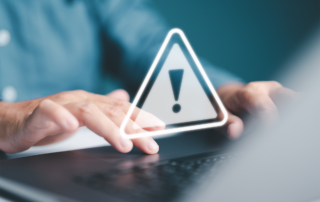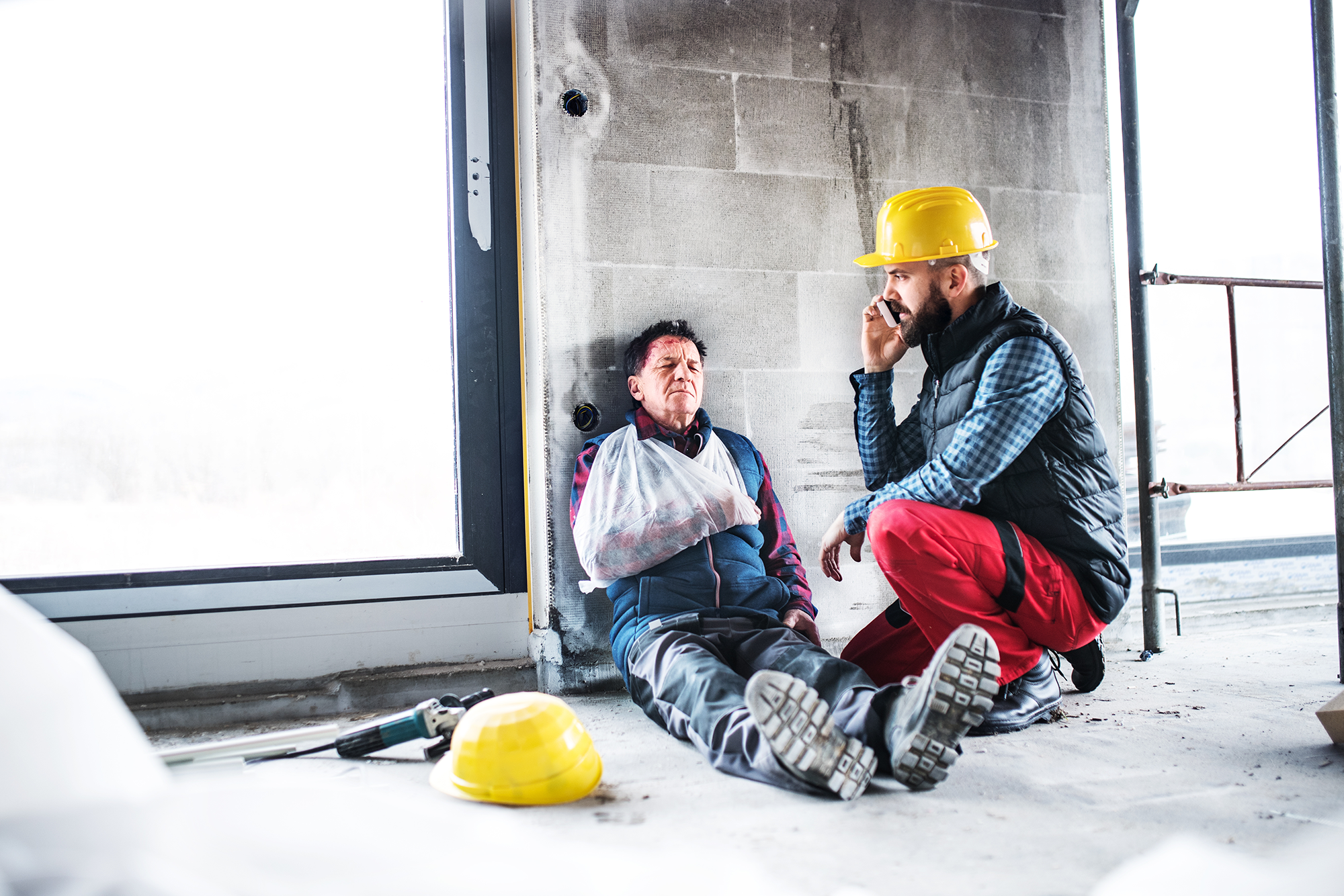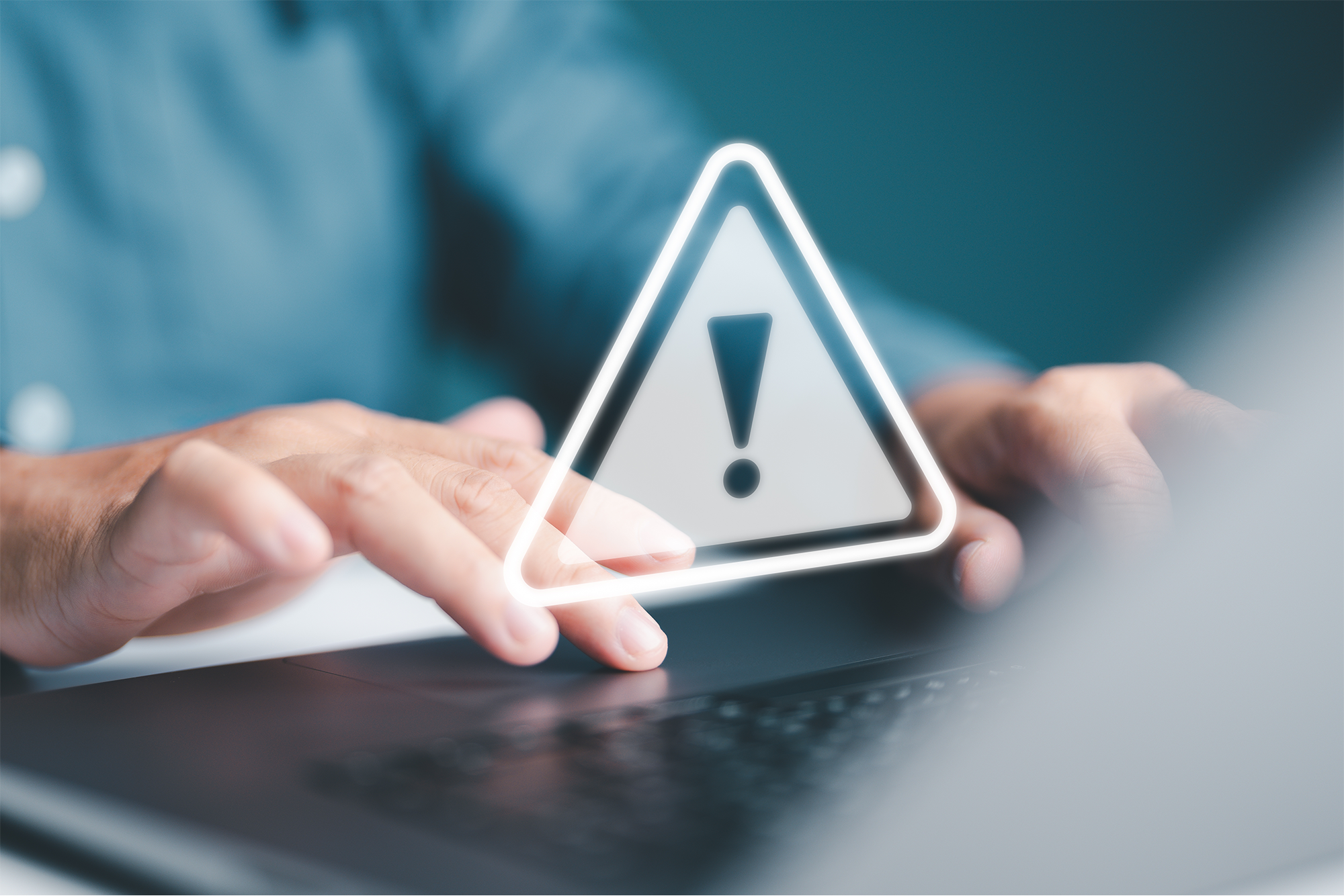Medical Marijuana Dispensaries
In many respects, running a medical marijuana dispensary is not that different from running any other type of business. However, dispensaries have one very important characteristic that sets them apart–the unique set of risks brought on by their primary product.
The medical marijuana (MMJ) industry is still in its infancy. While some states allow its use, legislation is always changing, forcing dispensaries to do their best to keep up. On top of this, dispensaries find themselves in a new market where the risks are not always clear. To avoid potential loss, as a dispensary owner you need to make sure you are adequately protected.
Security Risks
One of the largest risks faced by dispensaries is the nature of their product. Dispensaries have become an attractive target for robbers looking to take marijuana for personal use or because of its high resale value. In addition, daily transactions can leave dispensaries with large amounts of cash on hand, further increasing the payoff for robbers. When robberies occur during business hours, there is an increased chance that an employee or customer could be injured, on top of other losses. To protect your business it is important to enact security procedures that deter opportunity for criminal activity.
As a condition of insurance, most dispensary policies require there to be an onsite safe for the stock to be kept in when not on display during regular business hours. While policies vary, on average they require these safes to be TL-15 rated and bolted to the floor or weigh at least 1 ton. Locks, heavy entrance doors, shatter proof windows and security cameras are all common in dispensaries. Depending on the amount of risk you’re exposed to, you may feel the need to have onsite security personnel. If you go with this route, it is best to hire an outside security company with properly trained guards.
Since a prescription is needed to purchase MMJ, those without prescriptions have no business in your dispensary. If possible, it is best to have some form of entryway or waiting room where credentials can be checked before any customer is allowed into the area that houses merchandise. Restricting access allows you to know exactly who is entering your facility. On top of the security concerns, limiting access can also reduce the chance for legal violations related to selling MMJ to those without valid prescriptions.
Patient Data
Some states require that you record the information of those you do business with. This means you will be responsible for the personal information of a number of individuals. It is important that you create a secure way of handling patient data so it is not misused by employees or obtained by a third party.
Product Liability
Because the smoking of any substance, marijuana or otherwise, carries potential side effects, many MMJ users are looking for alternative methods of ingesting their medication. Edible cannabis products fill this need and are commonly offered in dispensaries. However, there are some risks in selling food products. No matter how rare the occurrence, there is always a small possibility that someone could become ill from ingesting an edible. To protect yourself from a claim it is important to get some form of product liability protection.
Crop Risk
Several states are working on legislation that would require dispensaries to start growing a certain percentage of their product. Cultivating marijuana can be a difficult proposition. Not only are there security and legal concerns but there are also the standard risks faced by any type of agribusiness. An accidental fire, theft or a burst pipe that results in flooding are just some of the dangers that could befall your growing facility. Just like a field of wheat or corn, marijuana crops need to be insured against potential disasters that could occur during the growing process.
Legality
Managing the legality of your business is important to not only avoid fines but also possible criminal charges. MMJ legislation is constantly changing and you need to be able to respond accordingly. Even in states where MMJ is legal, different counties or even individual cities have the power to enact their own forms of MMJ regulation. It is not uncommon for local ordinances to restrict or ban dispensaries in states where MMJ is legal. Since laws can change quickly, maintaining some form of legal counsel that has experience working with MMJ clients can help you stay on top of any legal developments that could affect your business.
This Risk Insights is not intended to be exhaustive nor should any discussion or opinions be construed as legal advice. Readers should contact legal counsel or an insurance professional for appropriate advice. © 2011 Zywave, Inc. All rights reserved.
About the Author
Share This Story
Related Blogs
OSHA’s Safe and Sound Week Scheduled for Aug. 12-18
Each year, more than 5,000 workers are killed on the job. Additionally, more than 3.6 million employees are seriously injured each year while at work. Because of this, the Occupational Safety and Health Administration (OSHA) holds a nationwide event each August called Safe and Sound Week, which promotes the importance of companies incorporating safety and health programs into their workplace. This year, the event runs Aug. 12-18, 2024.
2024 Midyear Market Outlook: Workers’ Compensation
Profitable underwriting results have generated favorable conditions across the workers’ compensation insurance market for nearly a decade. According to the National Council on Compensation Insurance (NCCI), the segment produced combined ratios of 84.5 and 84.9 in 2022 and 2023, respectively, demonstrating continued profitability.
CrowdStrike, the Most Important Cyber Accumulation Loss Event Since NotPetya, Highlights Single Points of Failure
In what is being called “the most important cyber accumulation loss event since NotPetya,” the July 19, 2024, global technology outage (CrowdStrike) will produce scores of insurance claims across a range of policies, test cyber policy wordings,and sharpen the industry’s focus on single points of failure.







